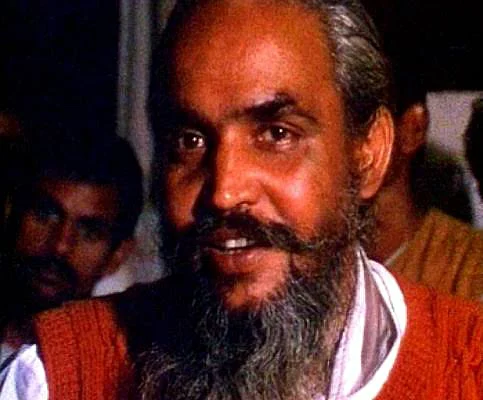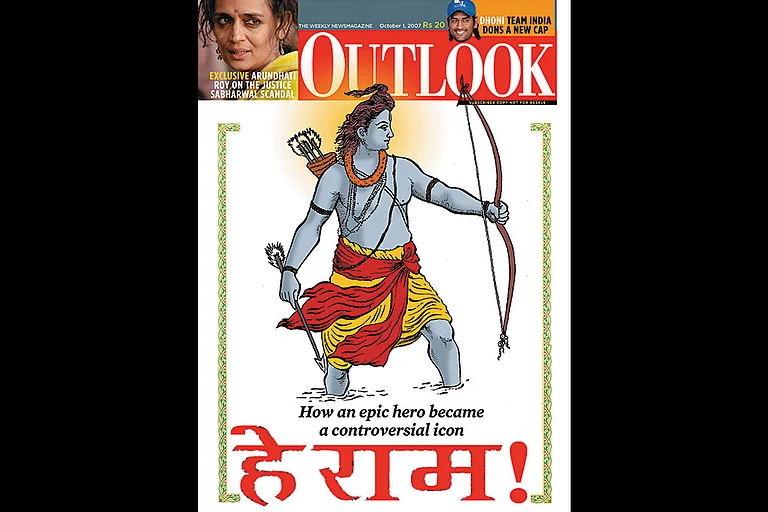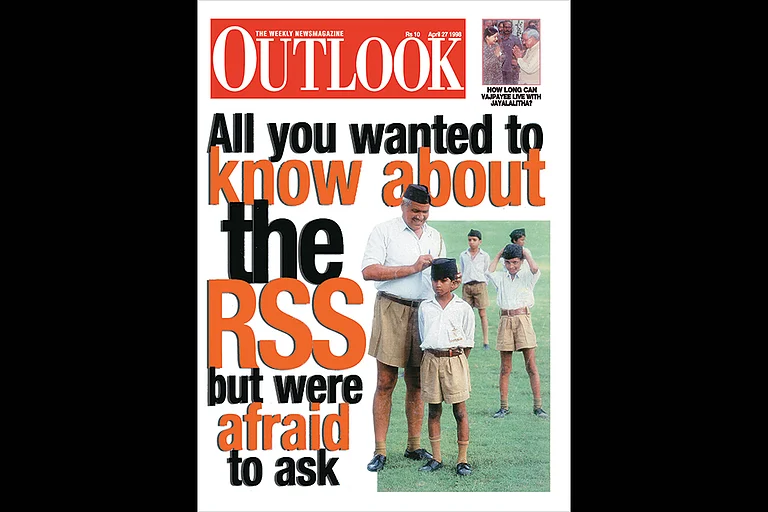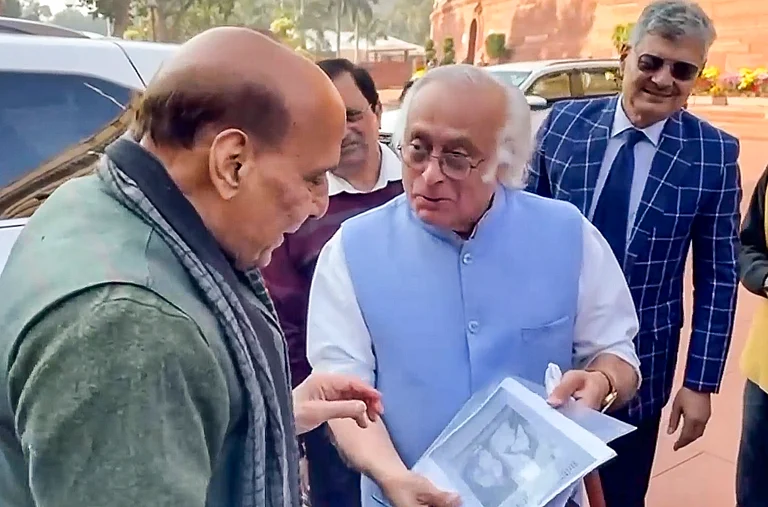Not only in Ayodhya but all over India, people should oppose this. We should never hurt the religious sentiments of others and break their hearts. Our religion doesn’t permit this. Ram’s political ideal was prosperity for all… Like when we eat, all parts of our body get fed, so all the people are our own, none are big or small.’
These were the words of the Hindu priest Baba Lal Das, who was the Mahant (head priest) of the disputed Ramjanmabhoomi temple during the 1990s and was hailed as a beacon of peace between Hindus and Muslims in Faizabad and Ayodhya. He featured in the 1991 documentary Ram Ke Naam directed by Anand Patwardhan. Shortly after this documentary was made, Baba Lal Das was shot dead on November 26, 1993 under suspicious circumstances.
Who was Baba Lal Das?
Baba Lal Das was appointed as the head priest in Ayodhya by the Lucknow High Court in 1983. He was a vocal critic of the activities carried out by Vishva Hindu Parishad (VHP) during the storm that was gathering around the Babri Masjid. He demanded that Lal Krishna Advani must halt his rath yatra and derided the Ram temple movement for merely being a ploy to garner Hindu votes.
Like he said in the documentary, "This (demolition of the mosque) is a political game by the VHP. Those who want to do it are actually more interested in creating tensions all over India in order to cash in on the Hindu vote.” He narrated several anecdotes of peace and harmony between the two communities -- how most of Ayodhya’s temples were built with the aid of the Muslim rulers of Awadh, and how Hindu priests and Muslim pirs resolved to live cordially after the 1855 conflagration.
He also had concrete evidence regarding the conspiracy to demolish the Babri masjid and presented this evidence to the Citizens' Tribunal in Delhi in 1993 which was set up to investigate the demolition of the mosque. He had alleged that large amounts of money collected on behalf of the RamJanmabhoomi Nyas had been misappropriated, according to a journal article written by lawyer Flavia Agnes. He was also the prime witness for the CBI which was investigating the conspiracy to demolish the mosque.
However, months ahead of the demolition of the Babri Masjid in 1992, Baba Lal Das was unceremoniously removed from his position by the then Kalyan Singh-led BJP government. He filed a suit against his removal, on the grounds that the state had no power to dismiss him without a court order. However, the case remains pending before the Lucknow bench of the Allahabad high court.
On December 6, 1992, the Babri Masjid was destroyed. In the months leading up to the demolition and after, Lal Das feared for his life and requested the government for some bodyguards to ensure his safety. But the bodyguards were removed by the Kalyan Singh's government and he was shot dead in November 1993. His murder was passed off by the police as a case of a three-year-old land dispute. Just a week before his death, in an interview with the editor of Current (November 27) he had said: "These people will kill me because I know who ordered the demolition."
The message of communal unity that echoed in Lal Das’s words become more important than ever today as Prime Minister Narendra Modi performed the Pran Prathishtha of the new Ram Temple at the same site where Babri Masjid once stood – amid fears of what this could mean for the thousands of Muslims living in the region and across the country.


























